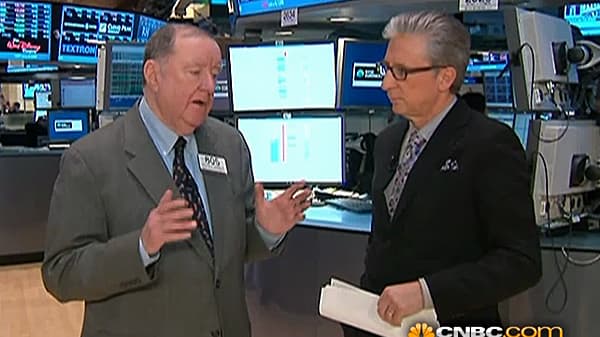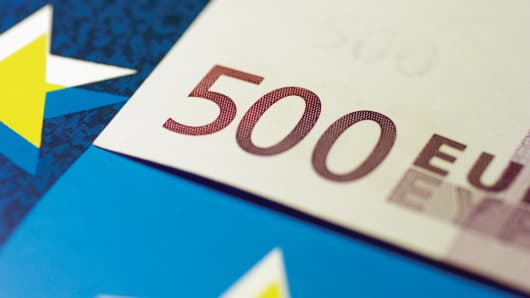U.S. President Barack Obama on Wednesday threatened to veto a Republican tax plan, known as "Plan B," because it does not do enough to raise taxes on the wealthy or address spending cuts needed to tame the country's $16 trillion in debt. Talks to avert the fiscal cliff have soured again even after recent progress.
The euro came off its highs against the greenback after the White House made known its displeasure with the opposition Republican plan, undermining tepid progress on the budget talks. If U.S. policymakers do reach a compromise to avert steep tax increases and spending cuts early next year, currencies that tend to gain on a better global growth outlook — like the euro and Australian dollar — should benefit at the expense of the safe-haven dollar.
The dollar index fell to a two-month low of 79.008 before ricocheting higher to trade at 79.4, up 0.1 percent.
Broad Yen Weakness
The dollar, however, rose against the yen to a 20-month high of 84.61 yen as it broke through an option barrier at 84.50. It triggered stop-loss buy orders above that level. The dollar last changed hands at 84.14 yen, down 0.3 percent.
Traders reported steady buying of short-dated topside strikes in the dollar/yen options, reflecting the likelihood of more weakness in the yen.
Expectations of looser policy from the BoJ, which tend to weigh on the yen, have been bolstered by a landslide election victory for Japan's Liberal Democratic Party over the weekend.
The LDP is committed to aggressive monetary easing. The BoJ concludes a two-day policy meeting on Thursday and is widely expected to announce another round of monetary easing.
Fourteen of 19 economists polled by Reuters last week said they expected the BoJ to ease this week, most likely by increasing its 91 trillion yen ($1 trillion) asset-buying and lending program by up to 10 trillion yen. Some analysts, however, warned that BoJ measures could fall short of expectations, leading some to buy back the yen.




